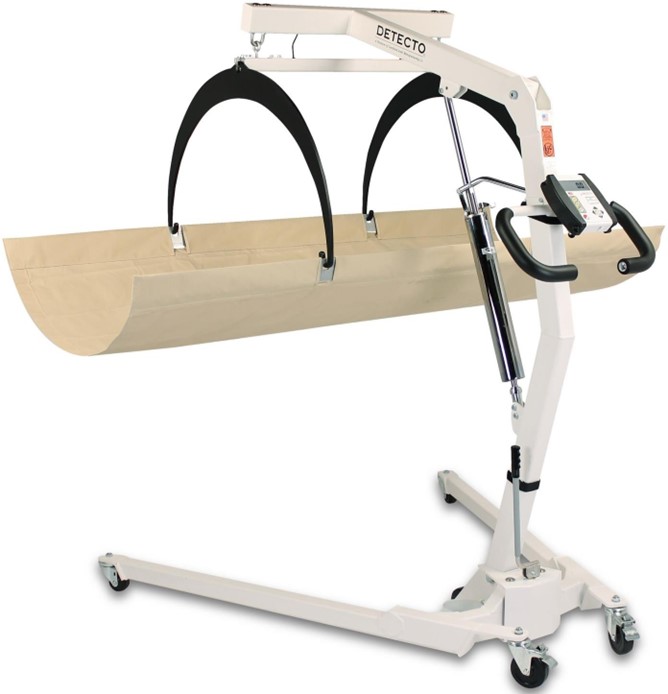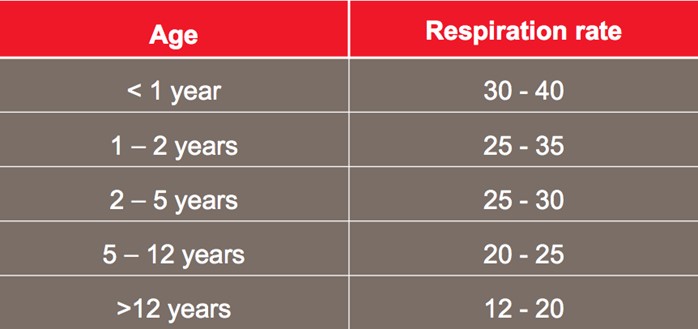The unlicensed assistive personnel (UAP) reports to the nurse that a male client with fluid volume overload will not allow the UAP to obtain his daily weight. Which action should the nurse implement?
Ask the client why he does not want to be weighed.
Instruct the UAP to weigh the client using a.
Direct the UAP to delay weighing the client until later.
Document that the client refused daily weights.
The Correct Answer is B
Choice A Reason: Asking the client why he does not want to be weighed is not a priority action because it does not address the need to obtain his daily weight. The nurse should first try to find a way to weigh the client without causing him discomfort or distress.
Choice B Reason: This is the correct answer because weighing the client using a bed scale can avoid the need for
transferring him from the bed to a standing scale, which may be difficult or painful for him. The bed scale can provide an accurate measurement of his weight and help monitor his fluid status.
Choice C Reason: Directing the UAP to delay weighing the client until later is not an appropriate action because it may result in missing or inaccurate data. The nurse should ensure that the client is weighed at the same time every day, preferably in the morning, before any fluid intake or output.
Choice D Reason: Documenting that the client refused daily weights is not an adequate action because it does not reflect the nurse's responsibility to provide quality care for the client. The nurse should try to resolve the issue of weighing the client and documenting the outcome and any interventions.

Nursing Test Bank
Naxlex Comprehensive Predictor Exams
Related Questions
Correct Answer is B
Explanation
Choice A Reason: The initial administration of the analgesic is not an intervention that the charge nurse should counsel the nurse about. The opioid analgesic was prescribed by the healthcare provider and was appropriate for the postoperative pain management of the client.
Choice B Reason: The decision regarding when to call the healthcare provider is an intervention that the charge nurse should counsel the nurse about. The nurse should have called the healthcare provider as soon as the client's
respiratory rate decreased to 6 breaths/minute, which is a sign of opioid-induced respiratory depression. Waiting for another 30 minutes until the respiratory rate decreased to 4 breaths/minute could have put the client at risk of hypoxia, brain damage, or death.
Choice C Reason: The documentation of the client's respiratory rate is not an intervention that the charge nurse should counsel the nurse about. The nurse documented the client's respiratory rate accurately and timely, which is part of the standard of care and legal responsibility of the nurse.
Choice D Reason: The administration of naloxone via IV is not an intervention that the charge nurse should counsel the nurse about. Naloxone is an opioid antagonist that reverses the effects of opioids and restores normal respiration. Administering naloxone via IV is the fastest and most effective way to treat opioid-induced respiratory depression.

Correct Answer is A
Explanation
Choice A Reason: Influenza is transmitted primarily through respiratory droplets. Droplet precautions require healthcare workers to wear a mask (surgical mask) when in close contact with a client. The UAP is already wearing gloves and a gown, which are appropriate for contact precautions but incomplete without a face mask for droplet protection.
Choice B Reason: A fitted respirator (e.g., N95) is unnecessary unless the client is suspected or confirmed to have an airborne transmissible disease such as tuberculosis. Influenza does not require airborne precautions.
Choice C Reason: Assigning the UAP to provide care for another client and assuming full care of the client is not necessary or feasible because it would increase the workload of the nurse and reduce the quality of care for both clients. The UAP can still assist with care for clients with influenza as long as they follow proper infection control measures.
Choice D Reason: Instructing the UAP to notify the nurse of any changes in the client's respiratory status is important but not a priority action because it does not address the issue of preventing transmission of influenza. The nurse should first ensure that the UAP wears appropriate personal protective equipment before entering the client's room.
Whether you are a student looking to ace your exams or a practicing nurse seeking to enhance your expertise , our nursing education contents will empower you with the confidence and competence to make a difference in the lives of patients and become a respected leader in the healthcare field.
Visit Naxlex, invest in your future and unlock endless possibilities with our unparalleled nursing education contents today
Report Wrong Answer on the Current Question
Do you disagree with the answer? If yes, what is your expected answer? Explain.
Kindly be descriptive with the issue you are facing.
